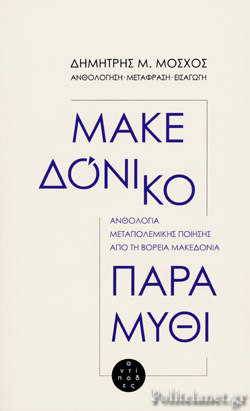Organizers: dëcoloиıze hellάş in collaboration with the Decolonial Initiative at Brown University
Convenors: Yannis Hamilakis (Brown University) and Konstantinos Thanasakis (The Laskaridis Foundation, Athens)
Language: English (but discussion can be both Greek and English, perhaps Turkish too)
The Acropolis is again in the global news, following the recent and highly controversial interventions. One of the things that the on-going public debate has exposed is how little is publicly known about the rich and fascinating histories of this monumental landscape, beyond the classical period. In this discussion, part of a series of activities on “Decolonizing the Acropolis”, we will present and discuss the historical, archaeological, architectural, artistic, and other evidence on the Ottoman lives of the Acropolis landscape. Beyond the scholarly and public importance of this presentation, we hope that our panel will encourage archaeologists, artists, and heritage specialists to reflect on how the Ottoman life of this monumental landscape can become more widely known, commemorated, and incorporated into the various tours and other activities around the monument.Amongst the questions to be explored are:- What do we know about the Ottoman Acropolis?- What was the importance and the meaning of this landscape for the Ottoman, imperial and local, administration, and for the inhabitants of Athens?- How did the various visitors to the site react to the Acropolis as an Ottoman landscape?- How much of that Ottoman material presence remains on site, despite the two centuries of national purification?- How can we make such a presence more widely known today?Speakers / Titles of presentations:1. Şükrü Ilicak (Institute for Mediterranean Studies, Rethymno), “The Acropolis during the Greek Revolution: New Evidence from the Ottoman State Archives”2. Tasos Tanoulas (Dr-NTU Athens, in charge of the Restorations of the Propylaia 1984-2010), “The Ottoman Acropolis in the frame of Decolonize Hellas: Factual and theoretical implications”3. Elizabeth Fowden (University of Cambridge), “The Holy Rock in the City of Sages”4. Dimitris Loupis (Historian, PhD candidate, Harvard University), “Securing Peace under the Shade of Marbled Past: The Western Slope of the Acropolis of Athens during the Ottoman Era”

